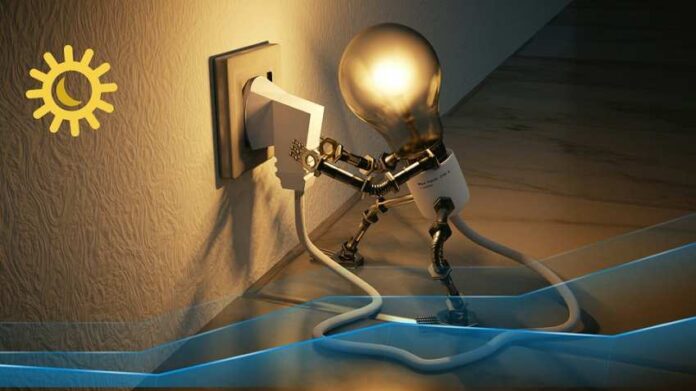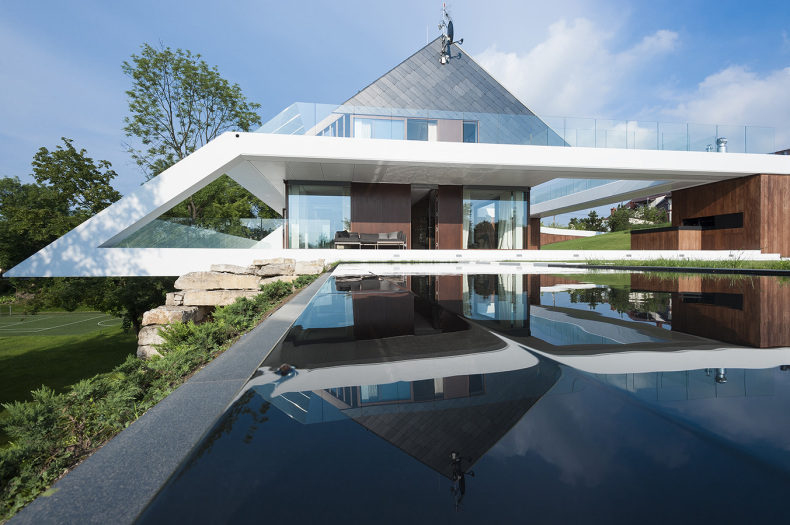We all love using electricity, but we all hate paying for it!
There is no doubt that energy prices are a hot issue in Australia at the moment. In recent years, energy prices have risen and it seems that the trend is expected to continue. By reducing the energy consumption of your home, you will reduce the electricity bill.
Whether you’re a homeowner or a big or small business, you can save more with cost-effective energy and energy efficiency ideas.
If you’re concerned about your next electricity bill, Mr Switch electrician has a couple of tips on how to easily conserve electricity and money. You can also check out this Norwegian electricity website.
Here are some of the best energy-saving tips:
Turn off the lights and electrical devices when you’re not using them
Switch off your heater, cooling units and appliances when you go to bed, leave the house or close your office. Switching off electrical devices at the powerpoint can save much more energy than at the switch or remote control.
Turn off your computer and equipment such as scanners, printers, Wi-Fi routers during the night or when you’re away. Most computer systems have energy-saving features that can be enabled to turn off the system and monitor after some period of nonuse.
Make it a routine to turn off the lights when leaving a room. Use as much natural light as possible–open curtains and shades rather than switching on the light. Install a sensor on exterior lights only to be triggered with movement and turned off after some time.
Turn to Energy Saving LED Bulbs
Lighting is probably a major part of your energy cost. Now is the time to switch to LEDs or CFL bulbs if you are still using incandescent or halogen bulbs. Light bulbs like LEDs or CFLs last longer than conventional light bulbs and only need a fraction of the energy.
Up to 80% of your electricity costs can be reduced from energy-saving light bulbs. LED bulbs use less electricity and last a long time, and you waste very little energy and less time replacing it.
Close the doors and curtains

The more the air conditioner works to cool your place, the more power it consumes and the higher your electricity bills. Make sure to close your windows, doors and curtains when using the air conditioner.
Easy measures can be taken to reduce heating and cooling costs without making life unpleasant. Close the doors to places that you are not using and just cool or heat those areas where you spend the most time.
Make sure your curtains or window shades seal your windows securely during cooler months. Keep the curtains closed throughout the hotter months during the day. By keeping the sun off your windows with exterior shades like external blinds or fabric awnings, your house will remain cooler. Stop cool air from leaking out by trapping airflow through doors and windows.
Save energy when washing and drying clothes
Without a doubt, warm washing usually does a better job cleaning your laundry than cold washing, but sometimes it’s just not necessary. Getting the water Hot takes a lot of energy, so aim to stick to the cool water setting every day to wash your clothes. Use any eco-adjustments on your washing machine to ensure that your machine is set to the correct load volume.
You can also save electricity by choosing the shortest suitable washing cycle Wait until your washing machine is fully loaded with clothes before your next washing cycle. Clothes dryers consume an immense amount of energy. Hang your clothes outside and let them dry naturally, or use a fan to make them dry indoors.
Save electricity in the Kitchen

Fridge
The fridge is one appliance that works 24-hours a day and it is one of the most expensive appliances to run. The ideal temperature of any refrigerator is 4 to 5 ° Celsius and the optimal temperature of the freezer is less than 15 to minus 18 ° Celsius.
Ensure that the refrigerator door seal is secure and protected and that there are no holes or cracks to let out cold air. If you have an extra fridge or freezer, only turn it on if needed.
Cooking
In the morning place your frozen food in your fridge to defrost and reduce cooking time at night. Use the microwave if you can to prepare food. Microwave consumes much less electricity than electric ovens.
If you use a stove, keep the lids on pots to reduce the cooking time. Try preparing more meals and prepare meals together for the next day or the whole week. Keep the remaining food in the freezer.
Dishwasher
You can conserve energy by using the economy cycle of your dishwasher even when the dishwasher is full.
Manage Your Heating and Cooling
Heating and cooling your home or office can be expensive if you are not cautious. Each degree above 20 degrees can add 10% to your electricity and heating bill. In winter, heating can take up more than 30 percent of your bill. Place the thermostat between 18 and 20 degrees in winter.
Set the thermostat to 26 degrees or higher in summer. Many ducted heating and cooling systems allow you to turn on or off your heater or air conditioner in occupied or unoccupied rooms according to your requirements.
Do Energy Audits and Adjustments
Call experts to conduct an energy audit and an assessment of your home or office. Skilled Inner West Sydney electricians and auditors can detect leakage in electricity and suggest how you can save more on electricity costs.
At the same time, monitor your energy bills while following your energy-saving strategy. Check that you are making progress every month and change if the desired result is lagging. Using energy meters to track use at various times, power points or areas of your home or business.



















